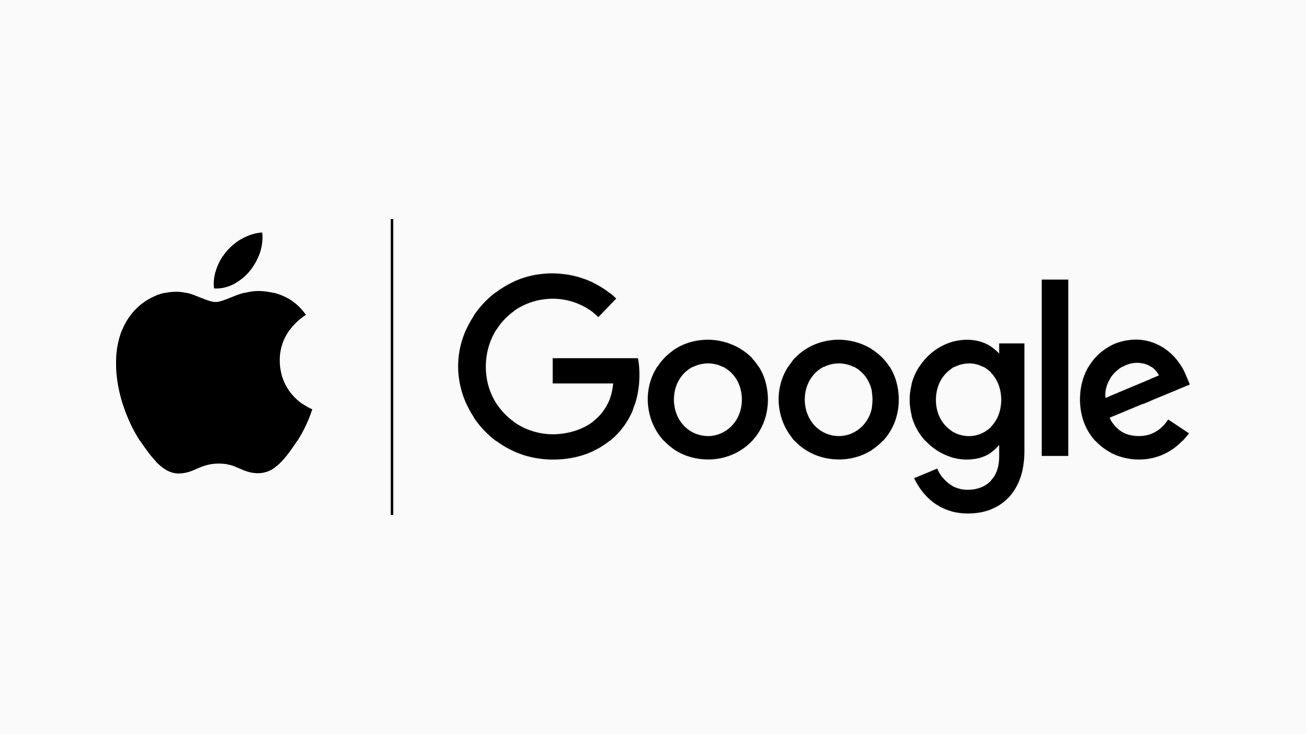
Apple and Google have teamed up to bring a new contact-tracing system to mobile devices, all in an effort to help stop the spread of the coronavirus and COVID-19, the disease it causes, to end the global pandemic.
Ever since the pair of companies revealed the new system, there has been plenty of attention drawn to it. That includes from United States Senators, who, not too long ago, asked Apple to explain just how secure and private the new system would be for individuals using it. While Apple detailed just how private it would all be, it’s clear the companies decided some additional changes needed to be made.
And that starts with the name of the system itself.
Apple and Google have opted to change the way the system is marketed from the get go, changing it from “contact-tracing” to “exposure notification”, which they expect will help better explain on the surface what the system is meant to do. Considering the contact-tracing/exposure notification is meant to notify individuals of potential exposure, this change makes sense.
Apple and Google is also making a change to the keys used to identify people. Previously the keys were built from a temporary tracing key, a collection of keys, but will now be created at random. This should make it much harder for people to guess how the keys are formulated, and, as a result, harder to actually track people who shouldn’t be.
Encryption will be a major focal point as well, with Apple and Google encrypting the Bluetooth metadata.
The system will use five minute intervals to record exposure time, with maximum reported exposure time topped out at 30 minutes. The API will also determine the number of days since the last exposure event, which should help individuals determine the necessary steps.
Apple and Google will continue to listen to feedback as the system launches, which means there will be additional changes coming down the pipe. The companies are expecting to launch the first beta of the iOS and Android versions before the end of April.
What’s more, the companies say that as soon as the pandemic ends they will be shutting the system down.